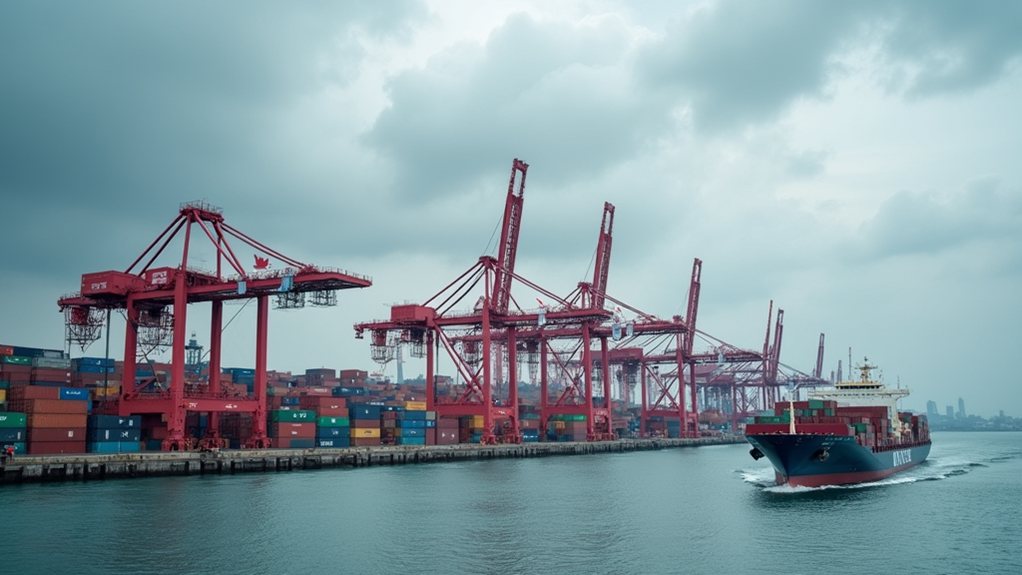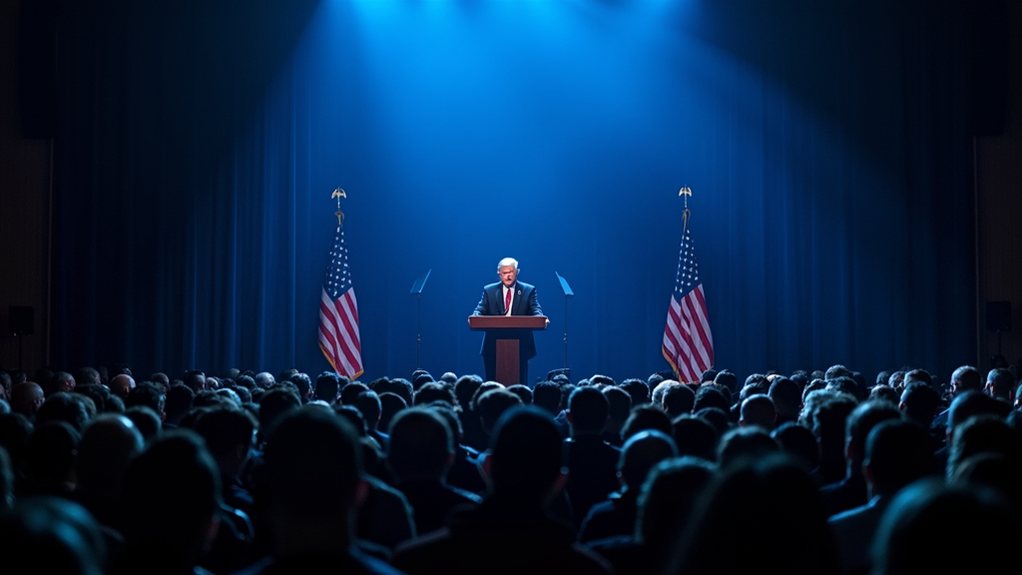In March 2025, the United States imposed new tariffs on steel and aluminum imports, aiming to boost domestic manufacturing jobs. The tariffs included a 25% charge on steel and a 10% charge on aluminum. These tariffs affected key allies such as Canada, Mexico, and the European Union. This move removed previous exemptions that had allowed these countries to export their metal products to the U.S. without heavy fees.
In response, the European Union announced $28 billion in retaliatory tariffs. These tariffs will be implemented in two stages, starting on April 1, 2025. The EU's targets include textiles, appliances, and agricultural goods, especially those from states that tend to vote Republican. Significantly, the list includes products like steel, aluminum, bourbon, motorcycles, and jeans.
Canada also reacted strongly, planning to impose $21 billion in tariffs targeting U.S. steel and aluminum, among other exports. This response took effect immediately after the U.S. tariffs. Canada aimed to protect its own industries while signaling its disapproval of U.S. trade policies. As a result of these tariffs, U.S. employment is expected to decline by 0.11% from 25% tariffs, rising to 0.25% with retaliation.
Canada swiftly retaliated with $21 billion in tariffs on U.S. steel and aluminum, signaling strong disapproval of U.S. trade policies.
Mexico joined the fray with its own retaliatory tariffs, focusing on agricultural products. This response was part of a coordinated effort with Canada to pressure the U.S. into reversing its tariffs, especially to protect Mexico's steel industry. Additionally, these tariffs are expected to reduce long-run GDP in the U.S. by 0.2 percent as estimated by economic experts.
The economic impact of these tariffs has been significant. The U.S. stock market dropped 8% amid fears of a trade war. Inflation is expected to rise by 1.3% in the U.S. Meanwhile, there are concerns about a slowdown in economic growth and disruptions to North American supply chains.
Politically, these actions have strained U.S. relations with allies and created challenges for the USMCA trade agreement. There's also domestic pressure on the Trump administration, which could affect the 2026 elections.
As negotiations continue, the possibility of further escalation looms, along with the chance for compromise in the future.









